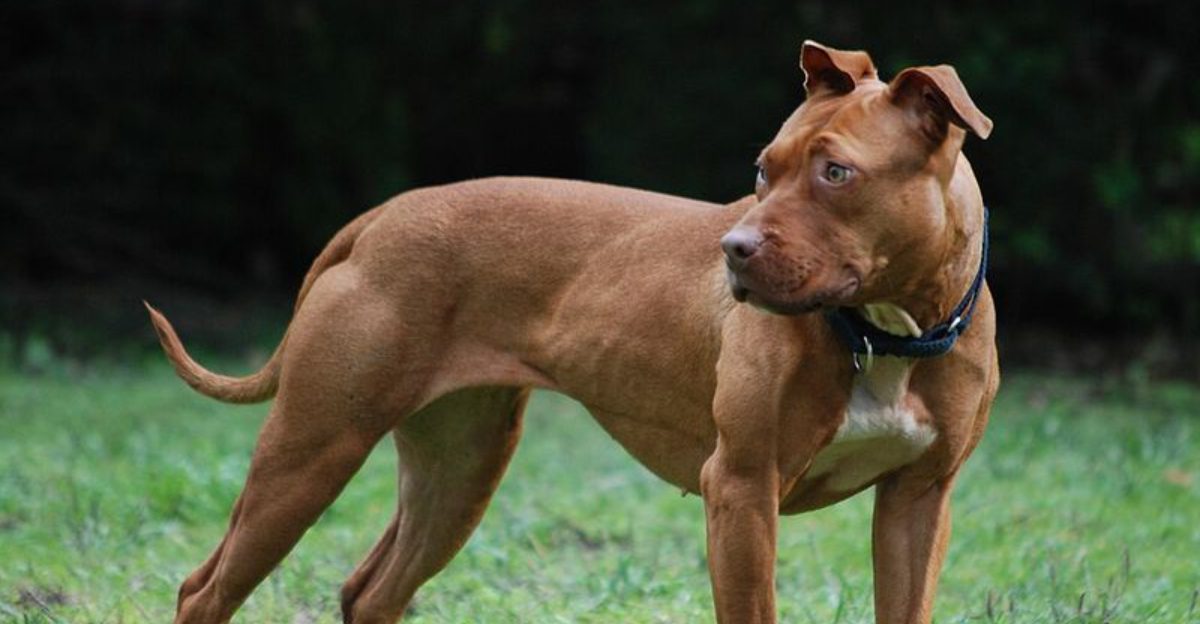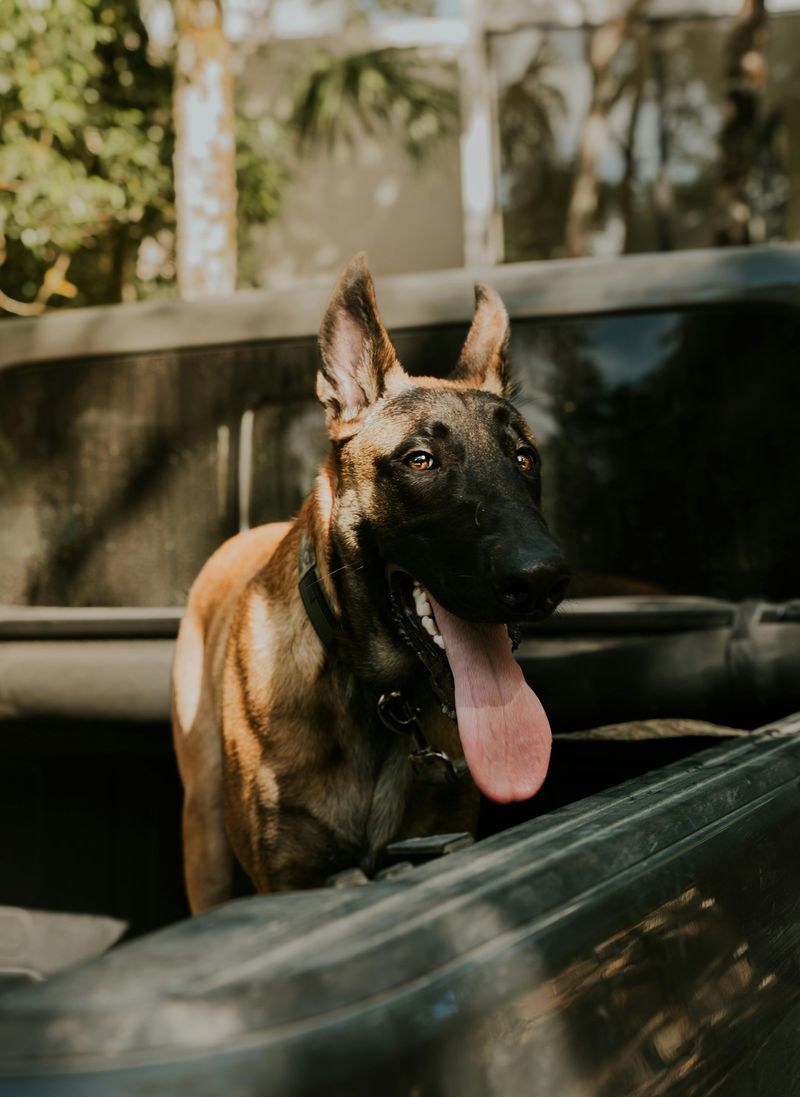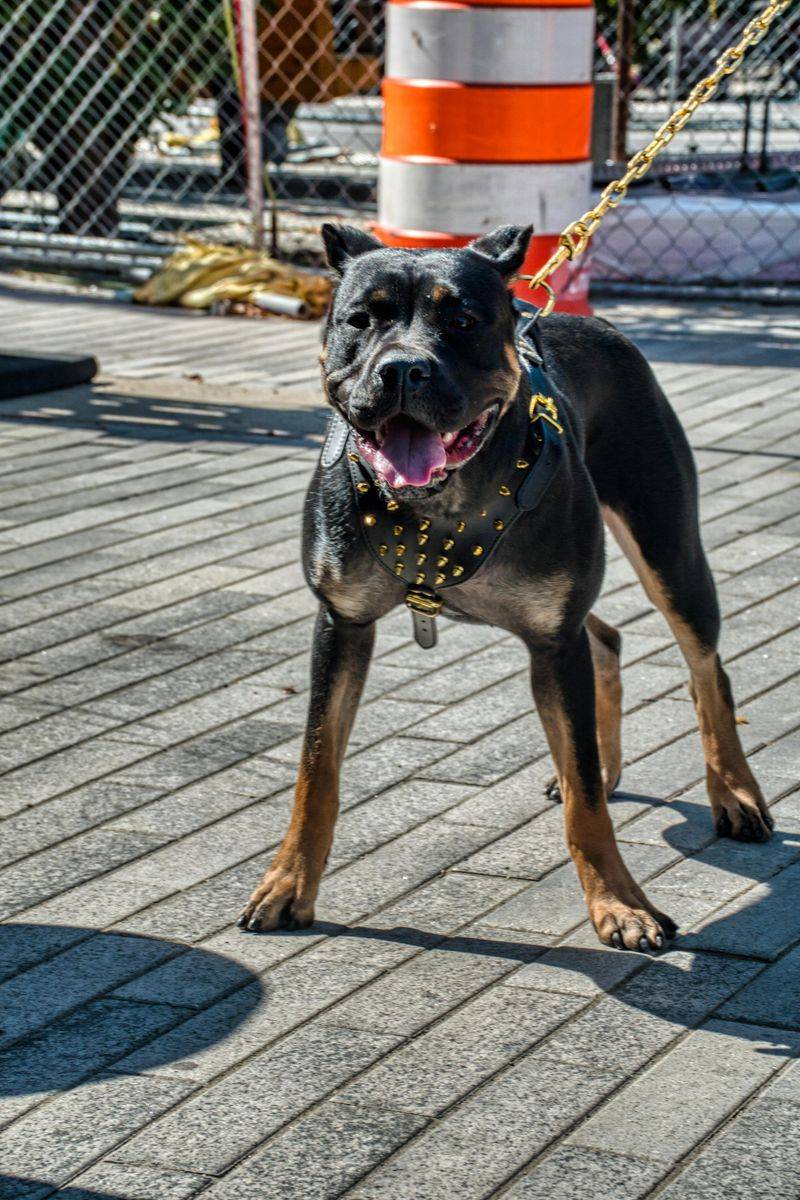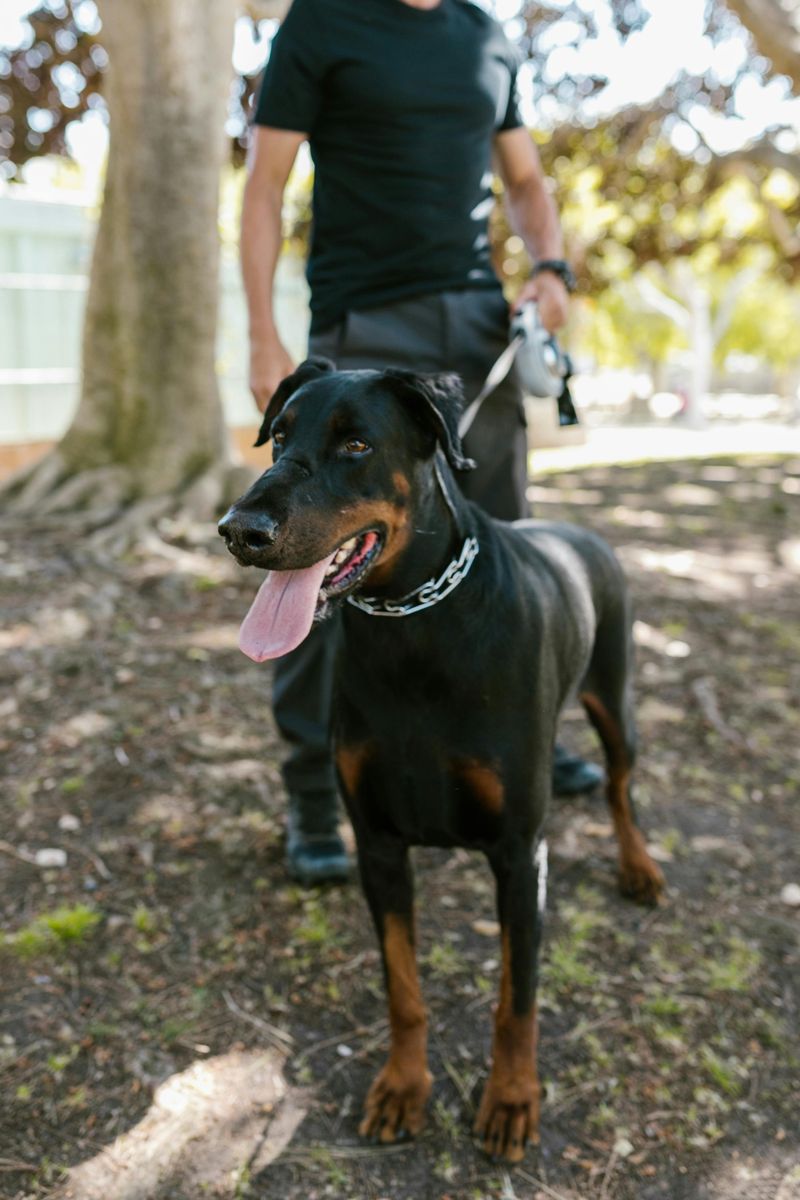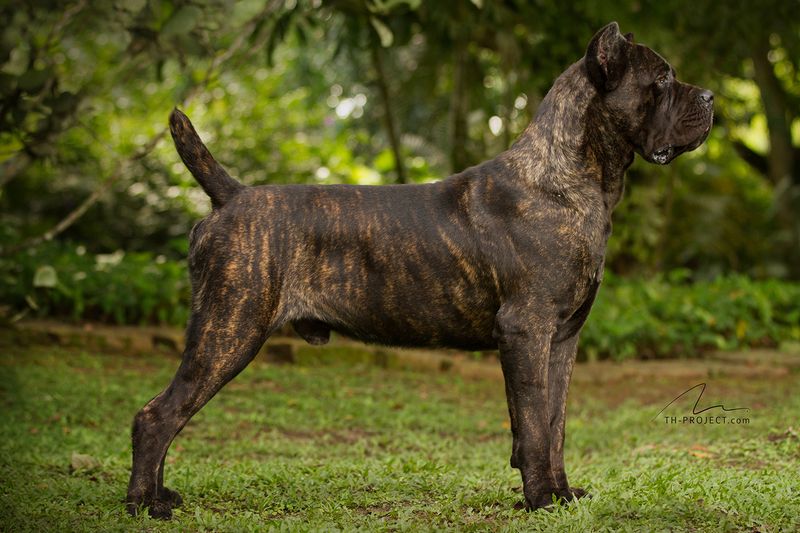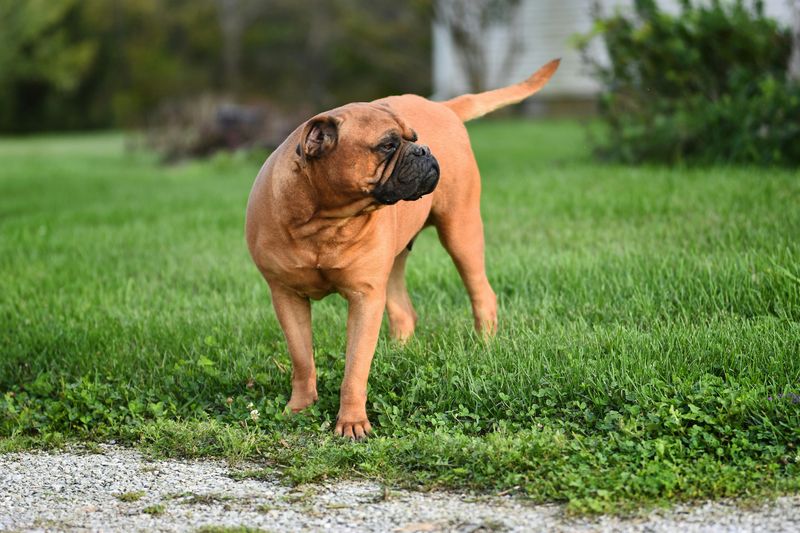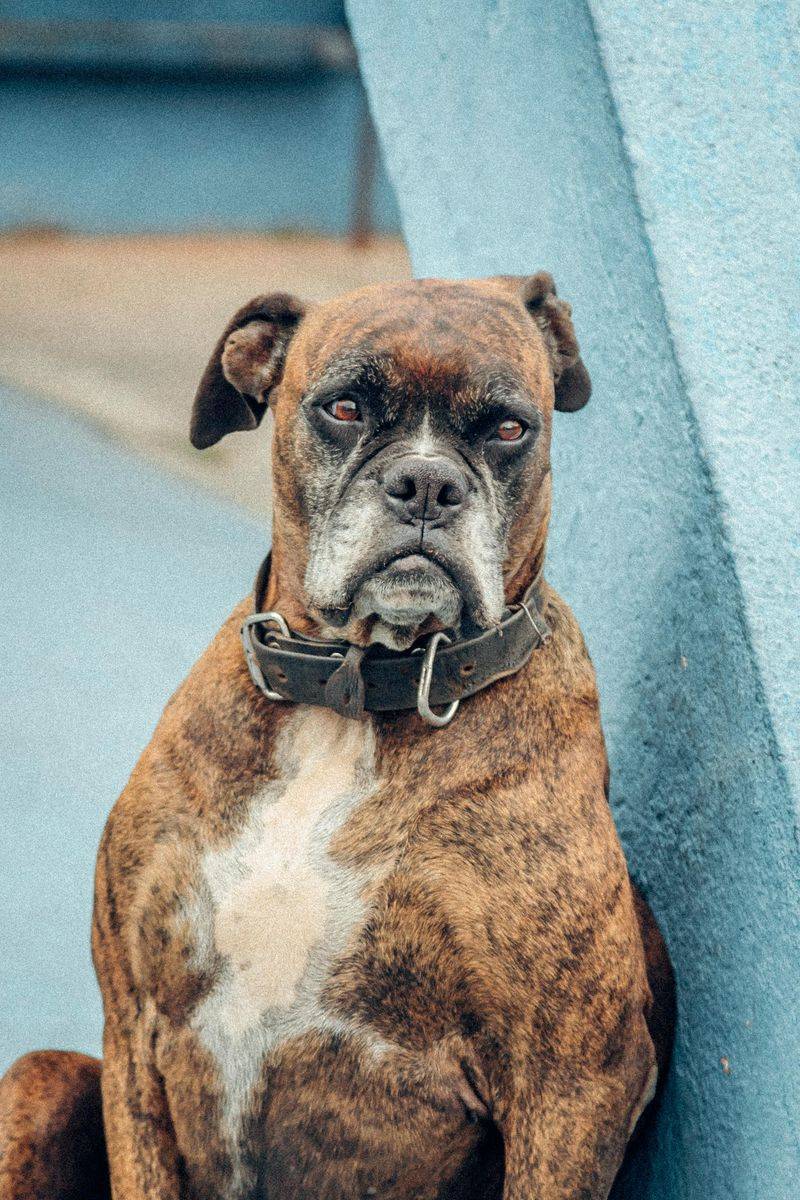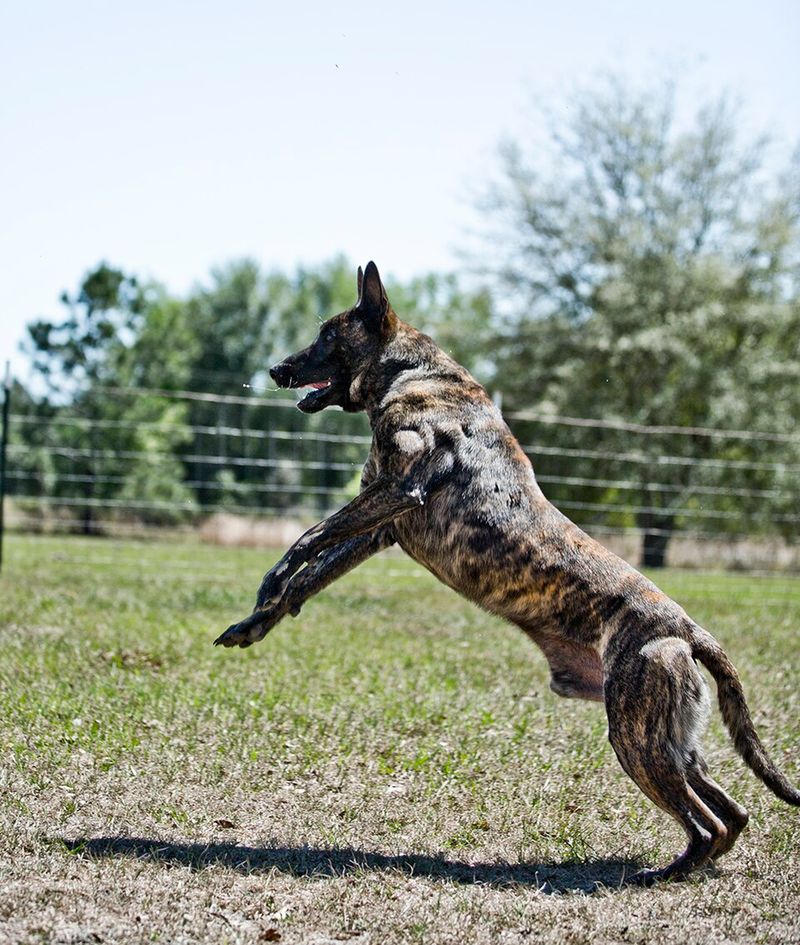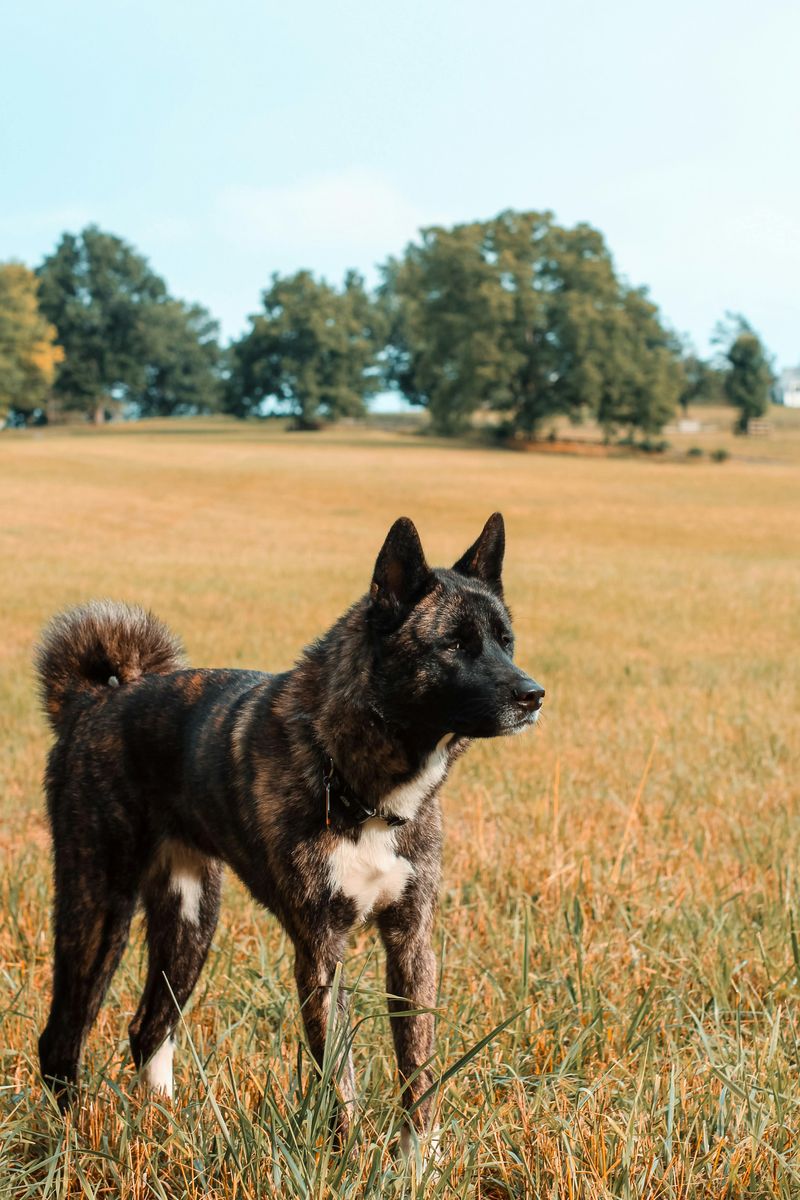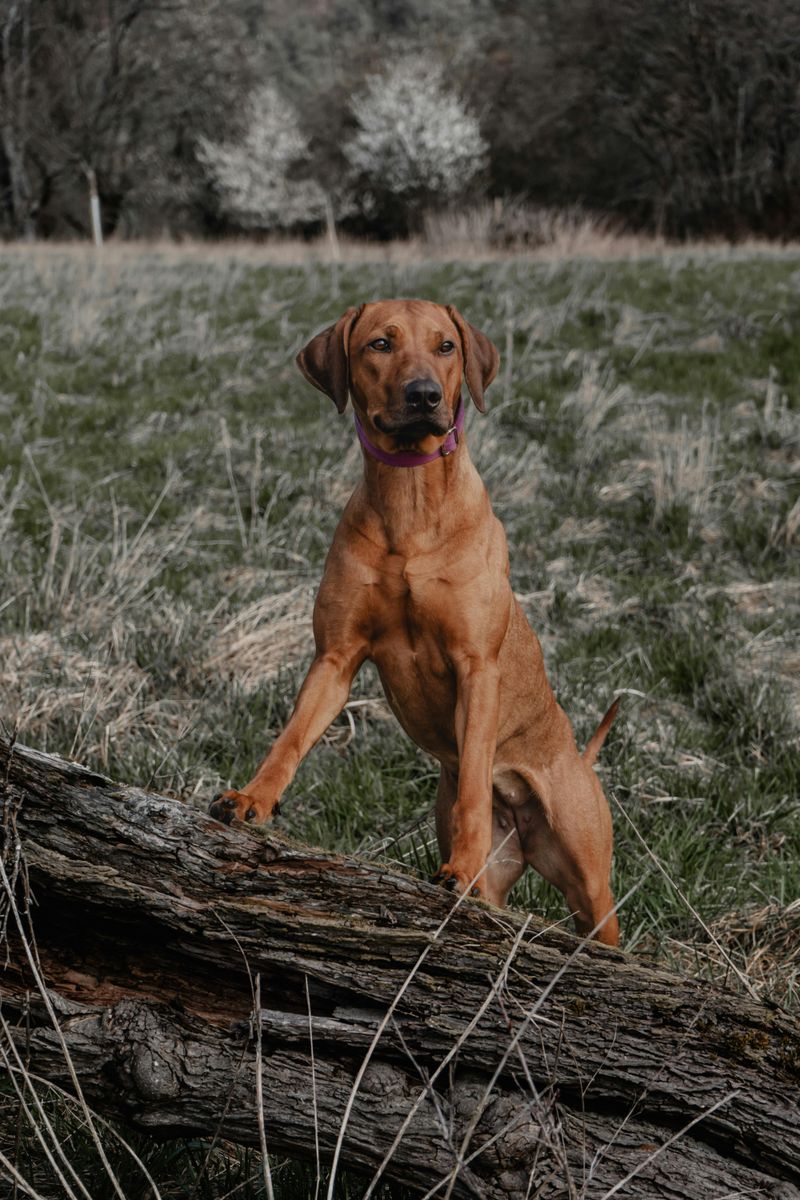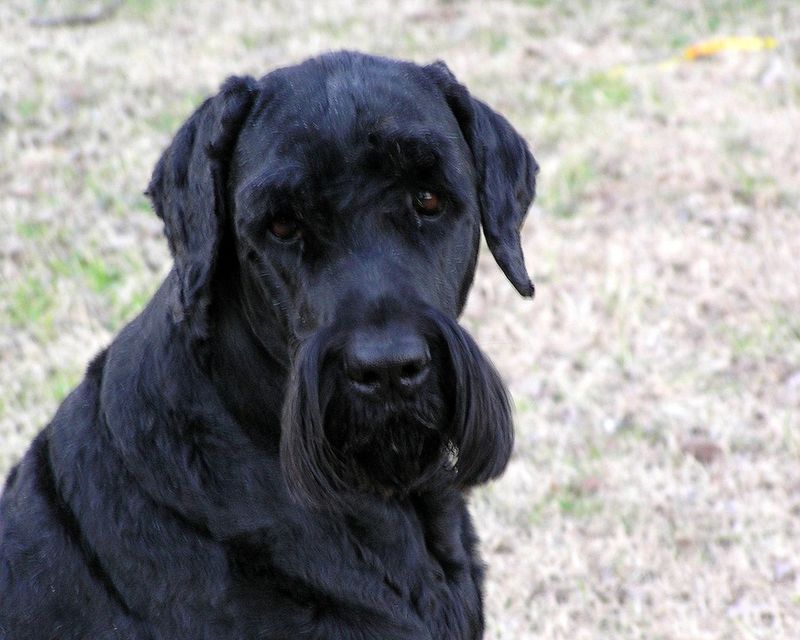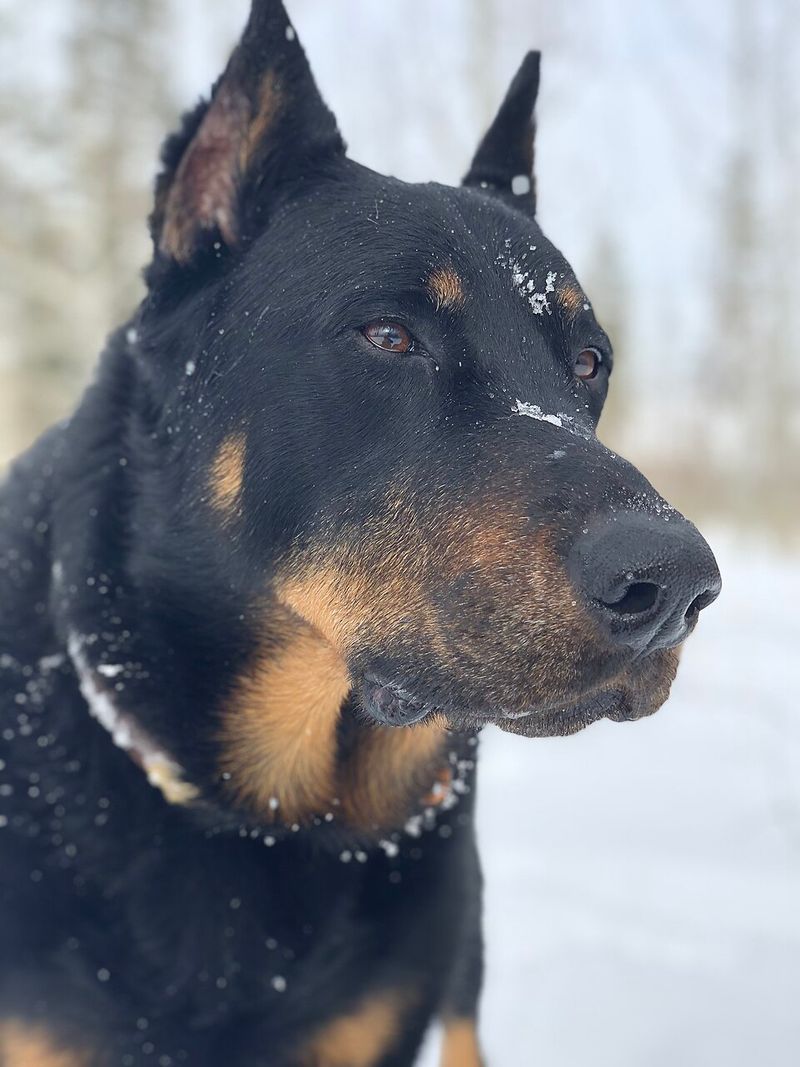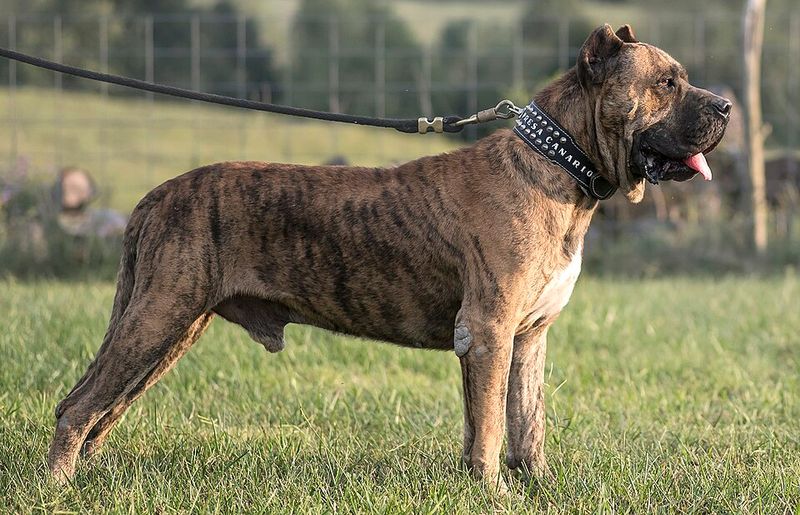Numbers don’t lie—and when it comes to home protection, certain dog breeds consistently rise to the top. We analyzed bite inhibition studies, AKC temperament data, training compliance scores, and real-world security usage to rank America’s most dependable guardians. Whether you want a deterrent with presence or a calm protector with judgment, this list shows how breeds perform under pressure. Read on to discover which dogs combine courage, control, and loyalty best—backed by data, not hype.
German Shepherd
The German Shepherd tops many protection lists for good reason: intelligence, trainability, and balanced temperament. Data from police and military deployments shows consistently high obedience and task retention rates. Their strong nerve and stable drives allow precise control under stress. When properly socialized, they distinguish threats from normal life stimuli, reducing false alarms. As a family guardian, they offer unmatched versatility—alerting early, posturing confidently, and responding decisively when needed. Exercise and mental work are crucial to prevent boredom-related behaviors. Ethical breeding and structured training programs improve reliability. For homes seeking elite protection with household compatibility, the German Shepherd delivers proven performance.
Belgian Malinois
Renowned for speed, drive, and responsiveness, the Belgian Malinois excels where rapid decision-making matters. Law enforcement and military utilization data highlight exceptional agility and detection capability. Their high prey and defense drives require experienced handling and daily structured work. When directed properly, they provide precise bite targeting and quick disengagement on command. Malinois are lighter-framed than many guard breeds, enabling explosive acceleration. They thrive on advanced obedience, scent work, and scenario training. Without enough mental engagement, they can become anxious or destructive. This breed rewards committed owners with top-tier performance and an intimidating deterrent posture that stays controllable under pressure.
Rottweiler
Rottweilers blend imposing presence with calm, confident judgment. AKC temperament tests and working trial results show strong stability when socialized early. Their natural guarding instincts create reliable territorial awareness without constant agitation. Muscular build and deep bark make a powerful deterrent, often preventing escalation. With structured leadership, Rottweilers are affectionate family companions who remain vigilant. Clear boundaries and consistent routines reduce pushiness. They excel in obedience, cart work, and protection sports, demonstrating controllable drive and courage. Ethical breeders emphasize health and temperament. A balanced Rottweiler offers serious protection capability paired with level-headed decision-making around children and guests.
Doberman Pinscher
Designed for personal protection, the Doberman combines elegant speed with keen vigilance. Data from obedience trials and working certifications indicates high trainability and responsiveness. Their sleek build enables quick interception and controlled engagement. Modern lines favor stable nerves and sociability when well-bred, reducing needless reactivity. Dobermans bond closely, often shadowing family members as discrete guardians. They require firm but fair training, aerobic exercise, and clarity of rules. Short coats make them suitable for indoor living, with targeted exposure to prevent sensitivity. A confident, well-conditioned Doberman offers fast deterrence and refined control—ideal for families wanting security without bulk.
Giant Schnauzer
The Giant Schnauzer delivers formidable protection with sharp intelligence and drive. Working trial results show high aptitude for tracking, obedience, and controlled bite work. Their wiry coat and robust frame project strength while remaining agile. Giants are highly loyal and bond intensely with handlers, requiring consistent training and leadership. Early socialization builds discrimination and confidence in urban environments. Without structure, they may become territorial or stubborn. Regular grooming and mental challenges are essential. When bred for working temperament, Giants provide reliable, level-headed guarding and can adapt to family life with firm guidance and daily engagement.
Cane Corso
The Cane Corso embodies classical guardian traits: confidence, presence, and strong territorial instinct. Data from temperament tests and sport evaluations note steady nerve and protective bonding. Their massive head and athletic body deter threats before confrontation occurs. Corsos require early, comprehensive socialization to prevent suspicion from becoming reactivity. Clear leadership and routine obedience reinforce reliability. Despite imposing looks, well-bred Corsos can be affectionate, stable family companions. Health screening for hips, elbows, and eyes is crucial. With skilled handling, a Cane Corso provides a serious, controlled protective perimeter around home and property, responding decisively but not impulsively.
Bullmastiff
Bred to deter poachers, the Bullmastiff excels at silent, physical blocking rather than high-prey pursuit. Data from temperament evaluations suggest calm confidence with strong impulse control. Their sheer mass and composed demeanor create instant deterrence. Bullmastiffs prefer close-range guarding, staying near family and property boundaries. They benefit from positive reinforcement and brief, consistent training sessions. Overexertion risks joint stress, so conditioning must be careful. With attentive socialization, they’re gentle with children while remaining vigilant. Minimal barking but maximal presence defines their style. For homeowners valuing quiet protection and steady judgment, the Bullmastiff is a dependable, imposing guardian.
American Pit Bull Terrier
In working evaluations, APBTs from purposeful lines show remarkable gameness, athleticism, and handler focus. Data highlights high pain tolerance and endurance, which can be directed into obedience and deterrence tasks. Their compact strength and confident posture can dissuade threats, though they’re often people-social when correctly bred and socialized. Clear structure and impulse-control games are essential. They are not traditional perimeter guards and require careful management with other animals. Responsible breeders prioritize stable temperament and health. With training, APBTs can provide personal protection presence, but management and legal considerations vary by locale. Education and supervision remain paramount.
Boxer
Boxers offer alert watchfulness with playful, family-friendly energy. Temperament test data shows high sociability paired with protective instincts when situations escalate. Their expressive face and athletic frame help deter intruders while staying approachable with guests after proper introductions. Boxers thrive on positive training, short drills, and daily exercise. They are natural alarm dogs with fast reactions and good recovery. Health screening for cardiomyopathy is important. With consistent boundaries and enrichment, a Boxer becomes a cheerful companion who can transition to serious guardian when needed—particularly effective in suburban environments where balanced behavior matters.
Dutch Shepherd
Dutch Shepherds deliver working precision with high adaptability. Their brindle coats and lean frames conceal notable power and stamina. Law enforcement and sport results point to excellent obedience compliance and tracking aptitude. They balance prey and defense drives, enabling clear-headed protection work. Daily job-like tasks are necessary; without structure, they may develop compulsive behaviors. Early socialization fosters discrimination in crowded urban settings. Dutch Shepherds excel in scent detection, agility, and controlled protection, making them ideal for experienced handlers seeking a versatile, lower-profile alternative to the Malinois with similar performance.
Akita
Akitas are dignified, independent guardians with a strong sense of territory. Temperament data suggests aloofness with strangers and loyalty to family. Their thick coats and imposing silhouette project authority in colder climates. Akitas tend to be selective with other dogs and require firm, consistent training focusing on impulse control. They are less biddable than herding breeds but can learn reliable routines. Early exposure reduces suspicion and improves adaptability. For households that value quiet vigilance and powerful deterrence, a well-managed Akita can provide serious protection with measured, self-possessed responses rather than frenetic activity.
Anatolian Shepherd Dog
Originally bred for livestock protection, the Anatolian Shepherd Dog brings exceptional territorial awareness and independent decision-making. Field data from ranch settings shows strong predator deterrence and night vigilance. In suburban environments, they need careful management to avoid over-guarding. They bond closely with family but are reserved with strangers. Training focuses on boundary awareness and calm neutrality rather than sport-style obedience. Large size and deep bark deter intruders effectively. Early socialization and secure fencing are vital. For properties needing perimeter security with low reactivity, Anatolians deliver steady, watchful protection shaped by centuries of functional work.
Rhodesian Ridgeback
Known for stamina and bravery, the Rhodesian Ridgeback offers a discerning guard presence without excessive barking. Temperament data indicates strong family bonding and steady nerves when well-socialized. They excel in endurance pursuits and perimeter patrols, using speed to intercept. Less biddable than herding breeds, they respond best to fair, consistent training and clear boundaries. Their short coat and athletic build suit active households. Ridgebacks are naturally suspicious yet manageable, with good recovery after neutral exposures. Health testing for hips and elbows is essential. As guardians, they present a formidable silhouette and swift response, relying on judgment over bluster.
Black Russian Terrier
Engineered as a state security dog, the Black Russian Terrier combines power, endurance, and trainability. Working evaluations show solid nerve, measured aggression, and strong recovery. Their dense, weather-resistant coat and imposing size create potent deterrence. BRTs benefit from methodical obedience, tracking, and controlled protection exercises. Early socialization curbs suspicion and fosters confident neutrality in public. Grooming needs are significant but manageable with routine. With experienced guidance, they provide serious family protection while maintaining composure. Ethical breeding for hips, elbows, and temperament is crucial. A mature BRT offers quiet authority and dependable, handler-responsive defense capability.
American Bulldog
American Bulldogs from athletic, working programs deliver strong bite mechanics, high pain tolerance, and territorial awareness. Data from sport and farm work underscores endurance and tenacity. They thrive on structured obedience and clear leadership, avoiding pushy behavior through impulse-control training. While people-social when bred responsibly, they can be same-sex selective. Their muscular frame and confident posture deter intruders effectively. Health screening for hips and breathing is important. With proper management and daily exercise, they serve as steadfast household guardians who transition smoothly from playful family life to serious protection when a real threat emerges.
Beauceron
The Beauceron is a French herding guardian prized for balanced drives and acute judgment. Trial results show high obedience compliance and excellent tracking, with controlled protection when trained. Their natural tendency is to maintain order calmly, escalating only when necessary. They bond strongly with families and do well with clear routines and active lifestyles. Early socialization and boundary work are essential to prevent over-vigilance. With a sleek black-and-tan or harlequin coat and athletic build, they present a confident deterrent. Ethical breeding prioritizes hips and temperament. A well-trained Beauceron offers refined, reliable protection without unnecessary drama.
Presa Canario
The Presa Canario is a powerful, confident guardian with strong territorial instincts. Historical and modern evaluations highlight courage and a deep, booming bark that deters intruders. They require experienced owners who can provide structured training, early socialization, and consistent boundaries. Presas can be affectionate with family while remaining aloof to strangers. Due to size and drive, management and secure fencing are essential. Health testing for hips, elbows, and cardiac function is recommended. When responsibly bred and trained, the Presa Canario offers serious home defense with measured, handler-directed control and an unmistakable presence.
